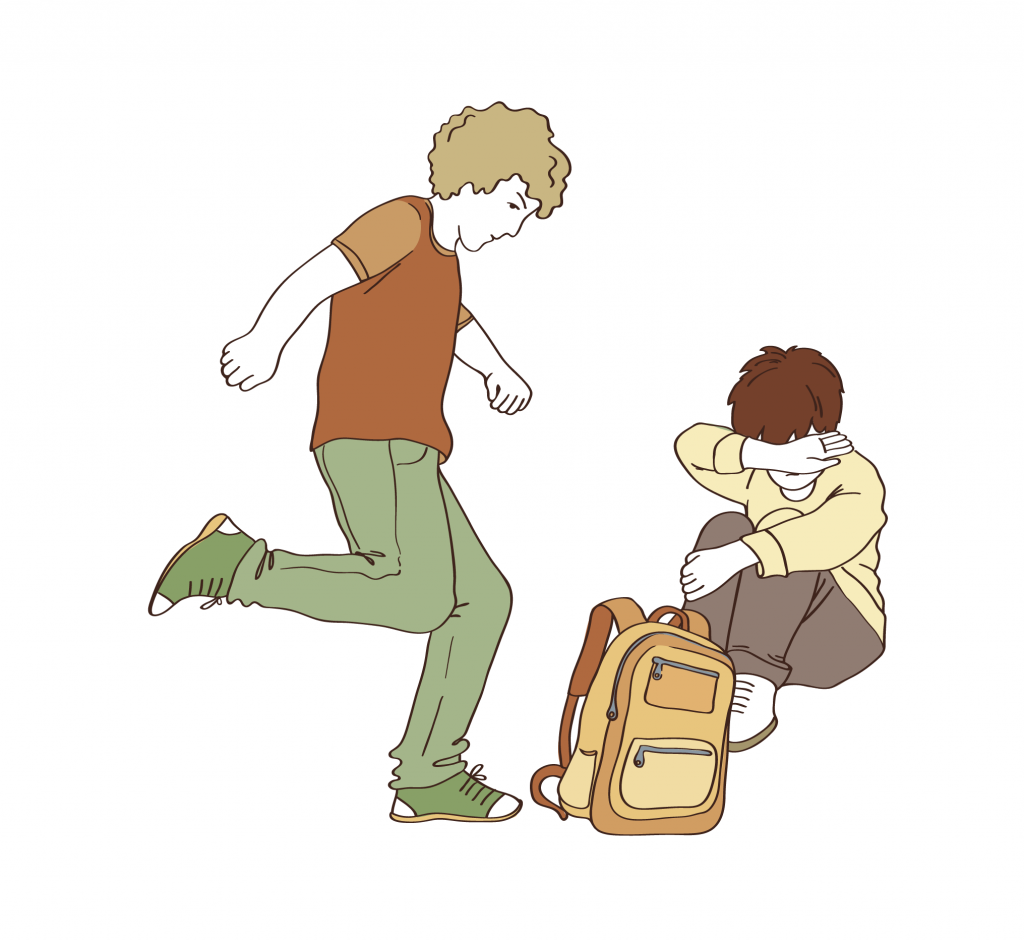Do childhood experiences affect adult life?
According to Albert Bandura, children acquire skills, habits and information by the process of “modeling” i.e. observing and imitating others in homes, schools, and playgrounds [1]. Through social interaction, they learn appropriate behavior and language. Children learn how to play well and build relationships with others, while parents also play an important role in their teaching.
The Encyclopedia of Child Behaviour and Development defines child development as the physical, cognitive, and socio-emotional growth process that an individual experiences from birth to adulthood [2].
In the 60s, Bandura designed the Bodo doll experiment to study if children personify adult behavior. He demonstrated that children learn certain behavior – especially aggressive behavior – through observation. The study was based on 72 participating students, 36 boys and 36 girls, aged 3 to 6 years, from the Stanford University nursery school.
Participants were divided into three groups. Each group of children were subjected to unique circumstances. Each child was in a private room with an adult role model. Children in the Aggressive Model Group (AMG) saw an adult acting violently toward a Bobo doll. They would hit, strike, and scream at the inflatable doll. In the Non-Aggressive Model Group (NAMG) the adult ignored the Bobo doll and instead played nicely with toys. The control group was not subjected to any model.

After the observation period, the children were taken to another room containing several toys, including a Bobo doll. They were observed through a one-way mirror for twenty minutes to see if they would imitate the behaviors they had observed. Children in AMG were more likely to behave aggressively toward a Bobo doll, imitating gestures and even speaking in the same manner as the adult. Boys were frequently more physically aggressive, but girls showed similar levels of verbal aggression. Children in NAMG and the control group behaved significantly less aggressively.
This experiment lends strong evidence that children develop by observing others. “Modeling” is a foundation of Bandura’s theory of social learning. The study revealed that children may adapt and imitate aggressive behavior even in the absence of rewards or direct reinforcement. The findings highlighted the necessity of parents and media creators setting an example of appropriate behavior as well as the potential consequences of exposing children to violent behavior in the media and their environment.
Children who observe parental substance or physical abuse, experience several contemporary challenges that may impact their behavior and development. These difficult events may affect their emotional, social, and cognitive abilities. Children who witness their parents being involved in drug abuse may grow up behaving similarly, possibly impacting their social life. Such flashbacks can affect their mental state. Children who are physically abused at a young age can develop aggressive behavior, explaining why some children bully others.
Indeed, what a child observes and experiences during childhood has a significant impact on their adult life.
About the Author: Ruvarashe Rukuni, a social work student at University of IT and Management (UITM) in Rzeszow (Poland), has studied BA (Sociology) at the University of Zimbabwe and has authored Unmasking Her Success.
References
- Albert Bandura’s Social Learning Theory In Psychology. (n.d.). Retrieved June 23, 2024, from https://www.simplypsychology.org/bandura.html
- Levin, E. (2011). Child Development. Encyclopedia of Child Behavior and Development, 337–339. https://doi.org/10.1007/978-0-387-79061-9_523











